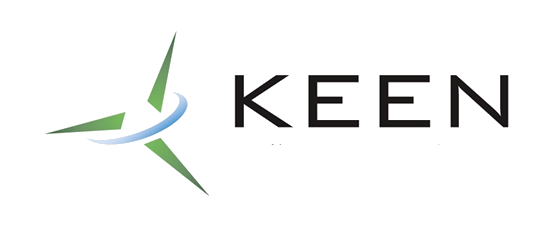Don’t Let Energy Inefficiency Stifle Business Growth
Established and growth-stage businesses share many overlapping operating expenses, including energy. Keeping the lights on, equipment moving, and delivering goods and services on time requires energy, with some sectors putting up 25% or more of costs into electricity and natural gas. While energy use is unavoidable, energy waste isn’t obligatory, and inefficiency can have a lasting impact on your organization’s success.
The Opportunity Cost of Energy Waste
Every dollar wasted on inefficient lighting, old insulation, or outdated HVAC equipment is a dollar that could have positively impacted your team.
What Is Opportunity Cost?
Opportunity cost is the potential gain of other alternatives when one outcome is selected. For businesses, the opportunity cost of upgrading your HVAC might be the loss of productivity from hiring another employee or paying down a commercial loan.
In those scenarios, the chosen outcome still offers immediate and lasting value; the new commercial heat pump will lower your energy costs, and that new employee may significantly increase revenue. Even servicing commercial debt lowers monthly outflows, increasing business liquidity.
Energy inefficiency, which equates to financial waste, offers no benefit.
An Example of Opportunity Cost from Energy Inefficiency
Let’s say a retail business in downtown Traverse City invests in energy-efficient LED lighting. Paired with utility rebates from local electricity providers and commercial tax rebate incentives, they achieve a 50% reduction in energy use with a two-year payback period. That 50% reduction in monthly energy expenses can fund an exciting new marketing campaign, hire extra help to open on Sundays, or convert to a more efficient point of sale (POS) system.
Read More: Why Invest In Renewable Energy?
Energy Inefficiency and Business Resilience
Business, like life, doesn’t always move up and to the right. The past several years are a perfect example of global and local economic volatility that put many Michigan businesses on the ropes.
What Is Business Resilience?
Business resilience is the ongoing, proactive capacity of a business to anticipate, adapt, and recover from disruption. Investing in energy efficiency is one impactful way to manage risks, establish financial stability, and keep operations efficient. For commercial property developers, the pandemic caused serious strain, with businesses leaving or shrinking leased office space. In many cases, commercial real estate firms weren’t just losing out on lease revenue; they were shelling out considerable cash each month to cover utilities.
While no one can predict every storm, being proactive is a key component of building business resilience. Addressing energy inefficiency is one way to improve cash flow, both during good times and when the next big disruption rears its ugly head.
Consumers Care About Energy Efficiency
Brand equity takes years to earn and minutes to lose. In a world where consumers prioritize and pay for sustainable, eco-friendly products, addressing energy inefficiency benefits both your bottom line and brand reputation. That’s especially important if your organization relies heavily on a local consumer base or considerable local cooperation. Whether you’re an LEED-certified facility or just trying to do the right thing, your customers will thank you.
Take Control Of Your Future with An In-depth Audit
Uncovering energy waste and implementing more efficient systems is easier than you think. Keen Technical Solutions provides a comprehensive range of commercial energy services to solve your organization’s energy challenges. Let’s get started; contact a Keen energy consultant to schedule an audit today.

